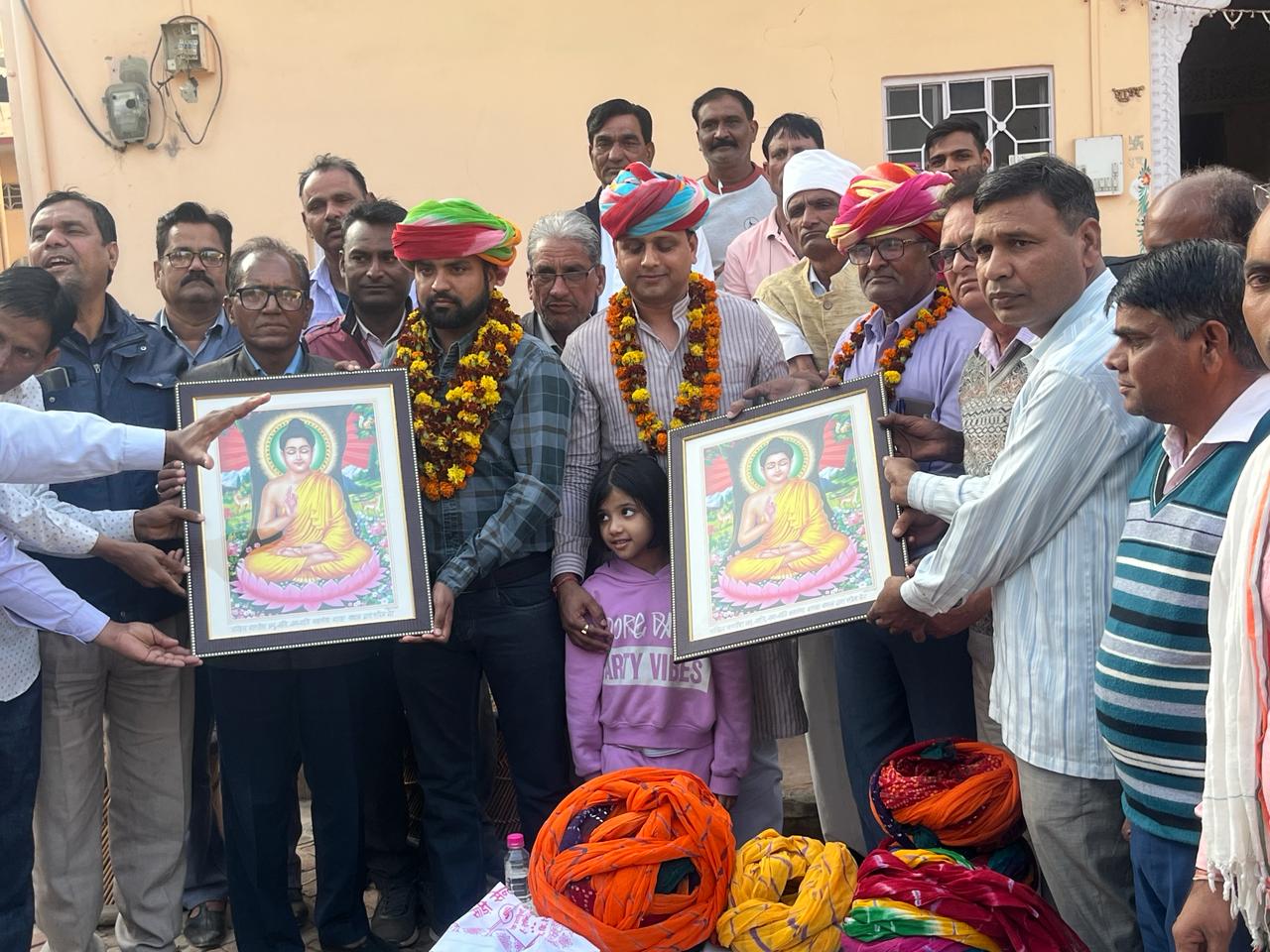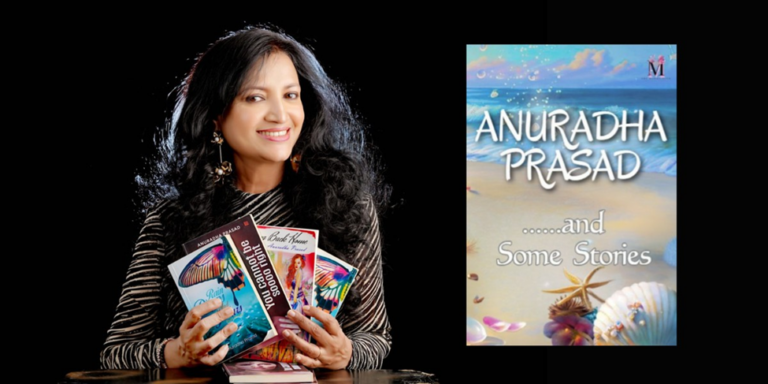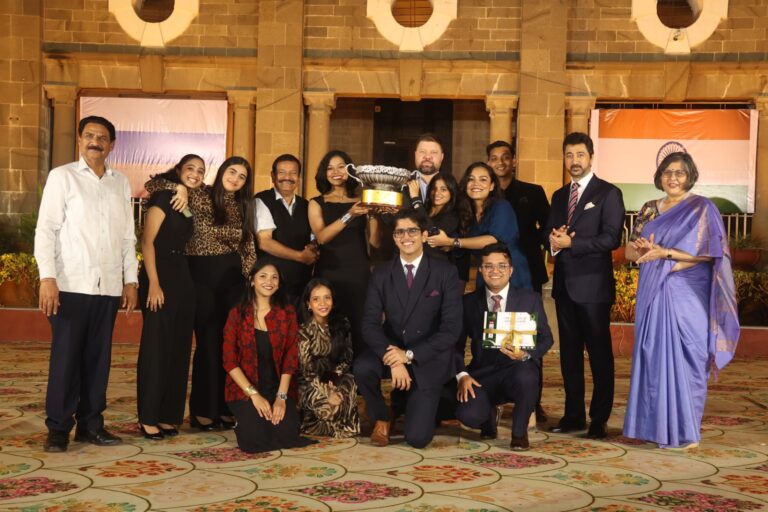
According to Ashok Kumar Sankhla -Melas, or religious festivals, have deep historical roots in India, dating back centuries. They serve as important cultural and religious gatherings where people come together to celebrate, worship, and socialize. These festivals often have connections to religious institutions, such as temples, mosques, or gurudwaras, where they are held or with which they are associated.
Ashok Kumar Sankhla also says in the context of Jaipur, the capital city of Rajasthan known for its rich cultural heritage, melas hold significant cultural importance. Jaipur itself is home to numerous temples, including the famous Govind Dev Ji Temple, which hosts various melas and religious events throughout the year. These festivals not only strengthen religious beliefs but also promote social cohesion and community bonding.
The evolution of melas in Jaipur reflects a blend of tradition and modernity. While the essence of these festivals remains rooted in ancient traditions, they also adapt to contemporary times, incorporating new elements and attracting a diverse range of participants. Additionally, melas often showcase traditional arts, crafts, music, and cuisine, providing a platform for local artisans and performers to display their talents and preserve cultural heritage.
Overall, melas in Jaipur serve as vibrant expressions of the city’s cultural identity, fostering a sense of belonging among its residents and attracting tourists from around the world who are eager to experience the richness of Indian culture.





